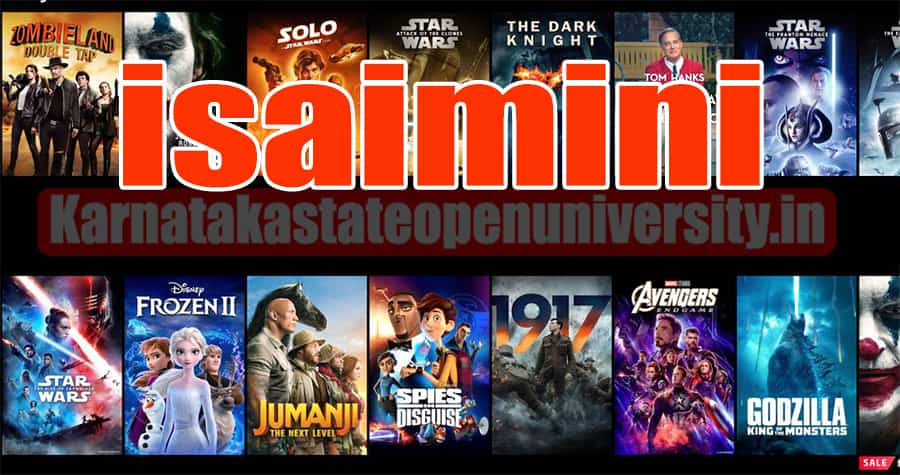Scientific technology plays a vital role in our daily lives. It has become a crucial part of our life. Whether we want to have 3D prints or to use AI, everything revolves around science and technology.
As scientific innovations are rapidly changing our lives, scientific education is also changing. The way we learn and teach science is changing because of technological advancements. In this article, we’ll explore the future of scientific education.
Technology in Science Classrooms
Technology is transforming the concept of classrooms. Students use different simulations and virtual labs to conduct experiments without the need for physical presence. Learning is becoming more engaging and accessible. It enables students to study complex concepts easily.
Personalized Learning Paths
Personalized learning paths mean that student can change the duration and amount of the lessons according to their needs. With the help of this approach, students can understand each topic thoroughly without moving to the next difficult topic.
Communication
Good communication is crucial in science education. Students and teachers can interact thoroughly with the help of modern tools without physical presence. Research Admin System enables the teachers and students to manage the projects and share data efficiently.
Hands-On Learning Experiences
These days, there are multiple digital tools but practical experiments, and field trips are always a unique experience. During these experiences, students can use theoretical knowledge and apply it to real-world situations. It enhances their understanding of that knowledge.
SESA Programs
Science educational school assembly programs play an important part in generating curiosity in young minds about science. These programs inspire students to choose scientific careers. It enables them to learn about the scientific complexities around them.
STEM Subjects
STEM subjects should be taught to students. After learning these subjects, students develop critical thinking and problem-solving skills. With the help of STEM subjects, students become ready for future challenges and opportunities in technological fields.
Online Educational Platforms
Education is spreading all over the world with the help of online educational platforms. Many of these platforms are free of cost. Students and teachers can easily access information about every topic. Due to this easy access, there is continuity in the pursuit of education.
Future Trends in Scientific Education
Many future trends can be seen in the future of scientific education.
- The use of AI is prevalent in teaching and learning processes.
- Another trend is the exclusive focus on environmental education. Educational institutions are encouraging students to think about the impact of their actions on the planet.
- Virtual and augmented reality (VR and AR) allow students to go into several environments and conduct experiments in a virtual space.
- Soft skills are very important in scientific education. Skills such as communication, teamwork, and critical thinking ensure that students are well-prepared for the future.
Conclusion:
In this article, we see that the future of scientific education is very bright. There are various possibilities. Various advancements in technology are made to ease the educational process and personalized learning.
When students do practical along with the learning of theories, they tend to understand better. As technology is continuously changing it means the way we are learning and teaching science will also continue to change.









